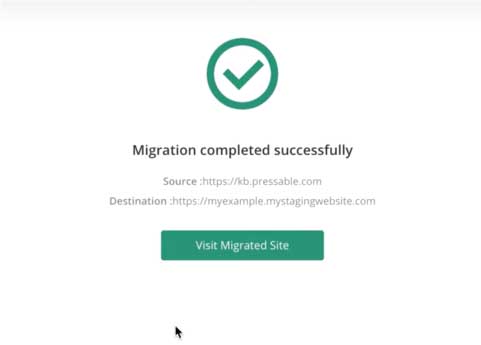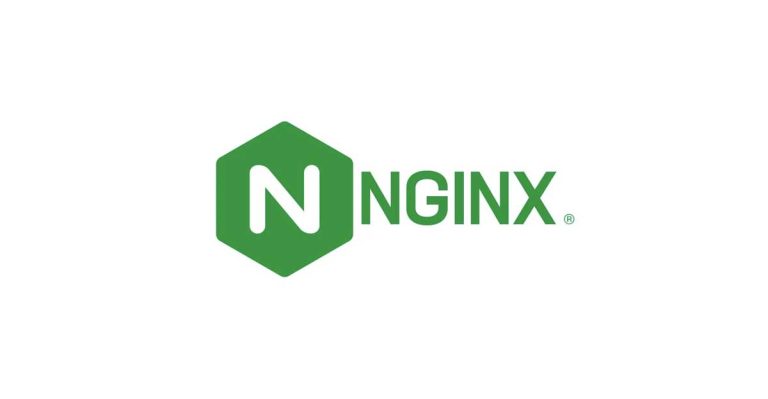Shared Web Hosting
Shared web hosting describes a situation where one web server environment (essentially one computer or “server” located in a hosting company’s data center) is used to host multiple websites. Most web hosting companies (e.g. GoDaddy, 1&1 Ionos, Bluehost, HostGator) offer shared web hosting as part of their web hosting product offerings.
A shared hosting plan is one of the most economical ways for individuals, small businesses, and others on a budget to create and publish a website on the internet. Shared hosting plans can be purchased for around $5 per month, sometimes less.
Because the resources on each physical server (primarily memory, disk space, and network bandwidth) that is used to create a shared web hosting environment are limited, shared web hosting plans usually place limits on the use of those resources for each client. For instance. Google’s “Economy” web hosting plan (which costs $8.99 per month) allows users to store up to 25 GB of data on their account.
One of the difficulties of using a shared web hosting service is that the performance can be unpredictable. Slow page loads, downtime, and other performance issues can arise because system resources are being used by “neighbors” on a shared server, and it can be difficult if not impossible to predict whether or when those kinds of interruptions will happen.
It is very common for shared web hosts to have more than 100 different clients using a particular web server. Each client in the web hosting environment may have multiple websites and other web resources (apps, images, etc.) using the memory, processor, and network bandwidth allocated to the physical web host.
Server Administration for Shared Web Hosting
Shared web hosting plans normally come with a control panel that can be used to perform functions related to a domain and website, including:
- Managing files on your web hosting account, including uploading new files
- Set up email accounts and configure them
- Create new databases and manage or delete existing ones
- Perform security functions, such as blocking IP addresses from accessing your website
- Perform a limited set of other functions that affect your account on the shared web server
The most commonly used control panel tools used on shared web servers are:
- cPanel: the most popular hosting automation software platform
- Plesk: a hosting control panel that can be used for both Linux and Windows based hosting.
Shared hosting is budget hosting. It is good for small projects that don’t require much customization, and for website owners who don’t want to have to deal with the complexities that can be involved with managing the physical hardware and network configurations that are necessary to build a reliable web host.
Shared web hosting can be used to publish static websites as well as to create dynamic websites using content management systems (like WordPress) that use databases.
Shared Web Hosting Providers
According to data provided by HostingTribunal.com, there are over 330,000 web hosting providers worldwide. The majority of these web hosting companies have shared web hosting accounts available. To put it simply, there are thousands of potential choices available for you to use for hosting a website on a shared account.
With so many web hosting provider choices available, it’s a good idea to do a quick check of reviews and ask questions about any specific questions you might have about your particular hosting needs. If you don’t have anything out of the ordinary that you need for your website, it’s likely safe to go with one of the most popular web hosts, considering that they pass the client review test.
Advantages of Shared Web Hosting
- Most affordable type of web hosting (besides free hosting from sites like BlogSpot.com or WordPress.com)
- Easy to get set up
- Easy to manage
- Maintenance of hosting account is minimal
- Ability to host multiple domains (most shared web hosts allow this)
- Flexible and scalable – usually can upgrade to higher performance hosting
Disadvantages of Shared Web Hosting
- Website performance is sometimes slow and unpredictable
- Limited server resources
- Limited security
- Limited control over configuration
- Limited customer support for specific issues
Alternatives to Shared Web Hosting
The most common alternatives to shared web hosting include:
- Virtual Private Server (VPS) Hosting
- Dedicated Servers
- Software as a Service-based hosting platforms like Wix.com and Squarespace.com, which combine hosting with built-in website builder tools.
The video below provides an excellent explanation of shared web hosting, along with graphics that help you understand how shared hosting works as well as the advantages and disadvantages of using shared hosting.







